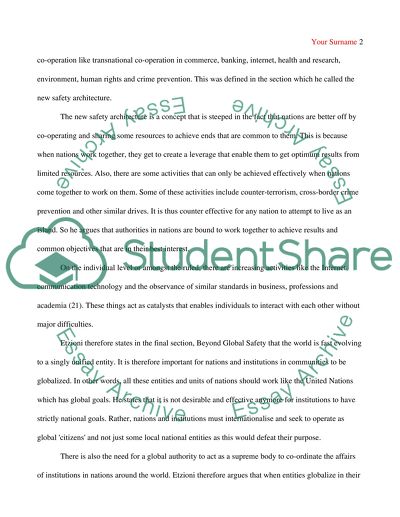Cite this document
(“State and internationalization of Society Literature review”, n.d.)
State and internationalization of Society Literature review. Retrieved from https://studentshare.org/history/1579338-state-and-internationalization-of-society
State and internationalization of Society Literature review. Retrieved from https://studentshare.org/history/1579338-state-and-internationalization-of-society
(State and Internationalization of Society Literature Review)
State and Internationalization of Society Literature Review. https://studentshare.org/history/1579338-state-and-internationalization-of-society.
State and Internationalization of Society Literature Review. https://studentshare.org/history/1579338-state-and-internationalization-of-society.
“State and Internationalization of Society Literature Review”, n.d. https://studentshare.org/history/1579338-state-and-internationalization-of-society.


